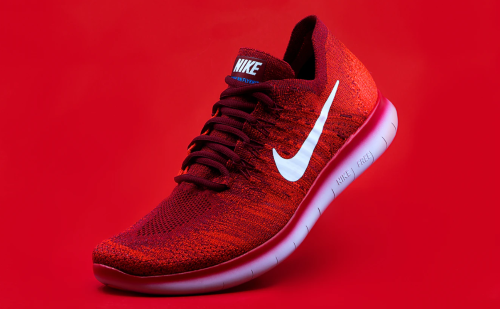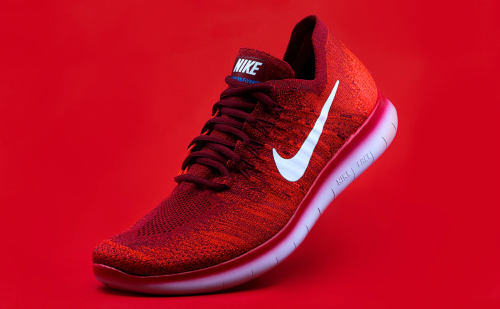


Global brands and retailers have teamed up for a supply chain tracking solution that would save them $98 billion.
Leading clothing brands, including Nike, Tommy Hilfiger and Calvin Klein, are taking part in a new project to track products on a global supply chain. The aim is to provide a secure way to share data while retaining ownership of it.
Led by the RFID Lab at Auburn University in Alabama, the so-called Chain Integration Project (CHIP) uses enterprise blockchain Hyperledger Fabric and RFID tags to solve the problem of counterfeiting, which costs brands and retailers $98 billion annually. A more transparent product trail is expected to increase the productivity and efficiency of the retail supply chain.
The team published a whitepaper with initial results on Wednesday. It showed that the Hyperledger Fabric network was capable of sharing product data encoded in RFID tags between the participants, and thus dispensing with the need for human audits.
The project “is truly groundbreaking because it provides a vision into the future of information exchange in retail," said Justin Patton, the Lab’s director. "By exploring the intersection of RFID and blockchain technology, we've taken an important step in our mission to help rid the retail supply chain of costly errors and inefficiencies caused by outdated processes and legacy systems."
The initiative’s participants included major retailers Macy’s and Kohl’s, and IBM.
It builds on a prior RFID Labs’ initiative, Project Zipper, which studied RFID in retail supply chains, finding that retailers, brand owners and logistics providers all share data in different formats. Through adopting blockchain technology, the CHIP initiative enables partners to use a common language for better inventory visibility and data analysis.
Increasingly, blockchain is being used for traceability in the supply chain. Last year, sportswear brand New Balance, luxury goods brand LVMH, and Coca-Cola, all began experimenting with blockchain solutions.
The RFID Lab is planning a follow-up pilot study, looking at the financial implications of data exchange automation. But its research, to date, already presents a compelling case for the potential of blockchain and RFID to address the inefficiencies of complex, global supply chains.
In a paper published about the project in December, Terry Brown, director of North American distribution technology transformation at Nike, said:
"We finally have our best chance for resolving these issues and saving billions of dollars of wasted money in the mysteries of supply chain inaccuracy".
Article produced by Adriana Hamacher
https://decrypt.co/21501/nike-and-macys-tinker-with-blockchain
